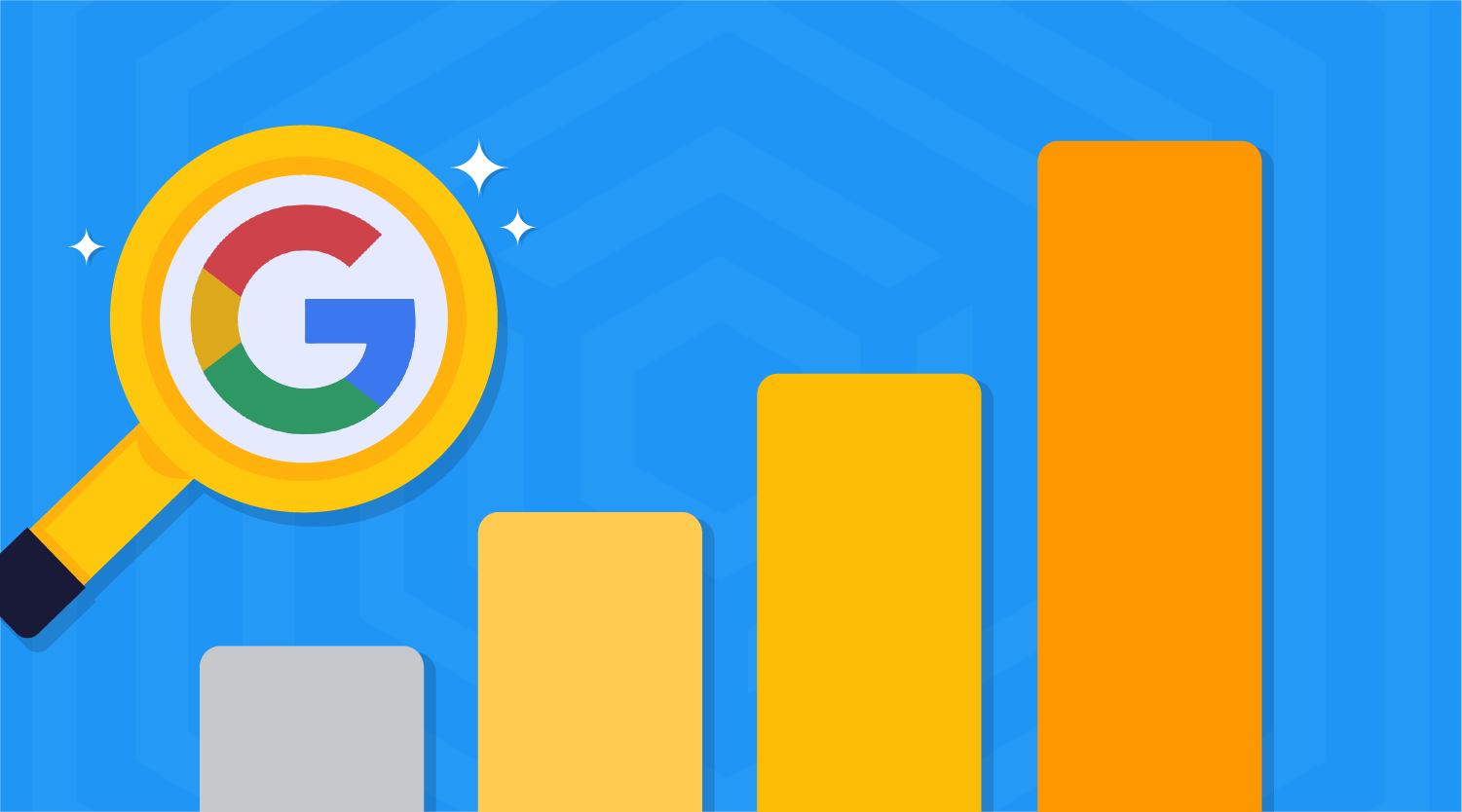Google Ads and GA4 Google Attribution Model Update

Updates to the Google Ads Attribution Model and GA4 can affect business insights and reduce the amount of information that can be processed by the marketing team.
Published at Jul 31, 2023 07:07
Key Takeaways
-
Google attribution model changes in Google Ads and Google Analytics 4.
-
The reason Google removed four components from the Google Attribution Model.
-
The main step for the marketing team is not to lose important insights from changes to the Google Attribution Model in Google Ads and Google Analytics 4.
According to the Google Attribution Model product manager, the loss of 97% of the Attribution model google ads activity is the reason why the Google attribution model is being phased out starting in mid-July 2023. However, you can still use it until September 2023.
To find out more about the reasons for the changes that occurred, how the changes took place, and what impact they had on the marketing team, we suggest that you read this article to the end.
What is Google Attribution Model?
Before discussing further the process of changing the Google Attribution Model, you need to know that through Google Ads Attribution, users can control a greater amount of credit they receive each time they interact with ads for user conversions.
The advantages this offers you are:
- Reaching customers earlier in the purchase cycle. You can identify opportunities to influence customers when they are on the path to conversion.
- Customizing Your Business. You can use the appropriate model based on how people browse the services or products you offer.
- Enhancing Your Bids. You can optimize your bids based on the best-performing ad trends.
Google Attribution Model consists of several components, including Last Click, First Click, Linear Click, Time Decay Click, Position-Based Click, and Data-Driven Click. Here's a comprehensive explanation of each:
- Last Click. This click gives full credit for the conversion to the ad that was clicked last, based on the relevant keyword.
- First Click. This click gives full credit for the conversion to the ad that was clicked first, based on the relevant keyword.
- Linear Click. Through this click, credit is distributed evenly across all ad interactions on the path to conversion.
- Time Decay Click. With this click, more credit is given to ad interactions that happened earlier or further back in time before the conversion. For example, an ad interaction that occurred 8 days before the conversion receives half the credit of an ad interaction that occurred 1 day before the conversion.
- Position-Based Click. This click gives the highest credit to the first and last ad interactions based on the relevant keyword in the conversion path.
- Data-Driven Click. This click distributes credit for conversions based on acquired data. Compared to other models, this model uses individual user account data to calculate the contribution of each interaction on the conversion path.
Why is the Google Attribution Model Missing?
Google Attribution Model based on rules will be discontinued by Google. However, the four Google Attribution Models in Google Ads and Google Analytics 4 will impact the wealth of information that marketing teams can obtain.
The phasing out of Google Analytics Attribution Model will begin gradually from June 2023. Google has decided to discontinue the four Google Attribution Models due to the loss of over 97% of activities that use these models or the declining usage of Google Attribution Model.
As a replacement for these models, Google Ads will make the data-driven Google Ads Attribution Model the default model for web conversions.
The data-driven Google Ads Attribution Model applies Artificial Intelligence technology on Google to learn the impact of each point on conversions. As a result, the Google Attribution Model will perform better through automated bidding to enhance performance.
You don't need to worry, as Google Attribution Models based on data, last-click, and external attribution will not be affected by these changes in Google Ads or Google Analytics 4.
The difference between the data-driven Google Attribution Model and the last-click model in Google Ads and Google Analytics 4 is that the data-driven Google Attribution Model gives credit for conversions based on how people engage with the ads you create, thereby deciding to become customers.
Meanwhile, the last-click Google Attribution Model gives full credit for the conversion to the last ad that interacted with the customer. This component does not consider other ad interactions that the customer may have experienced.
How does the process of change take place?
The process of eliminating the Google Attribution Model will be carried out gradually until it becomes permanent. The stages involved are as follows:
- June 2023 - Google will remove the ability to select the first-click, linear-click, time-decay click, and position-based Google Attribution Models for conversion actions in Google Ads that have not yet used any of these models.
- July 2023 - Users will notice that these Google Attribution Models disappear from both Google Ads and Google Analytics 4.
- September 2023 - Google will transition any conversion activities still using these models to the data-driven Google Attribution Model. However, if you do not want Google to switch to the data-driven Google Attribution Model, you can only use the last-click model as a replacement.
- Starting from September 2023 - Google will eliminate reports in all Google Ads, including the Summary Page and Model Comparison Reports in the Attribution tab.
What do you need to do?
The data-driven Google Attribution Model can represent the customer conversion journey more accurately, but it may also become more complex and require more data to operate effectively.
The last-click Google Attribution Model is easier to understand and use compared to the data-driven Google Analytics Attribution Model. Unfortunately, this model is not as accurate as data-driven attribution in reflecting customer decisions to convert.
The data-driven Google Attribution Model is crucial in making investment decisions for your business. Without relying on data, you risk investing in the wrong places.
This phenomenon poses a problem for users because you may display ads at the wrong points, resulting in lower conversions for advertisers.
Not only is it problematic for users, but Google also considers it an issue as they need to ensure ads are relevant to users' needs. After all, Google gets paid for every click! So, they heavily rely on the continuity of clicks on ads.
Take note, if you are using any of the rule-based models that will be discontinued by Google, you should switch to the data-driven Google Attribution Model promptly. You can do this by following these steps:
- Sign in to your Google Ads account.
- In the upper right corner, click on the tools icon, then under "Measurement," click on Conversions.

- Click on the name of the conversion action you want to update, then click on Edit settings.

- Click on Google Attribution Model.
- Select "Data-driven" from the drop-down menu and save your changes.

Switching to the data-driven Google Attribution Model can provide broader and more accurate insights. You can use the data-driven Google Attribution Model with Google Analytics 4 to obtain a summary of marketing performance across all channels and platforms.
Make sure you have switched to the data-driven Google Attribution Model before the end of July 2023 to adapt early to this update. Achieve business success by exploring deep data insights with cmlabs.
As a dedicated news provider, we are committed to accuracy and reliability. We go the extra mile by attaching credible sources to support the data and information we present.
- Support Google: “About attribution models”, https://support.google.com/google-ads/answer/6259715?hl=en
- Google to sunset 4 attribution models in Ads and Analytics, https://searchengineland.com/google-sunsets-attribution-models-395297
- Updates To Attribution Models in Google Ads & Google Analytics 4, https://searchenginehubbub.com/google/google-attribution-model-updates/
cmlabs
Another post from cmlabs
SEO for React: 8 Ways to Optimize React App for Search Engines
Thu 11 Jul 2024, 16:00pm GMT + 73 Simple Ways to Repurpose Content
Tue 02 Jul 2024, 15:11pm GMT + 7What Is Entity-Based SEO? A Brief Guide
Tue 02 Jul 2024, 14:42pm GMT + 7Cloudflare CDN: Definition and Guidelines for Optimization
Mon 01 Jul 2024, 16:13pm GMT + 7More from cmlabs News your daily dose of SEO knowledge booster
The Google Review System's update last April 2023 has broadened its scope on evaluating review contents. What it tells us? Will it affect SEO?
Google announced a new ranking system on May 23, 2023. Get updates on News Topic Authority and its influence on your content in the SERP. Here’s the detail.
Universal Analytics must migrate to Google Analytics 4 by July 1, 2023. Ensure that your data in Universal Analytics is not lost before.
WRITE YOUR COMMENT
You must login to comment




All Comments (0)
Sort By